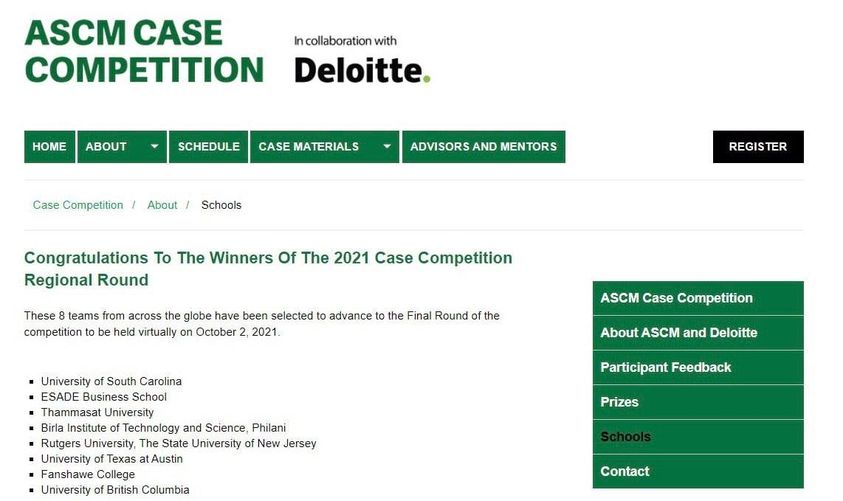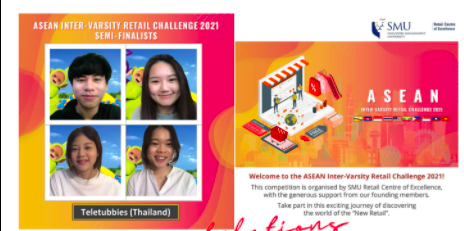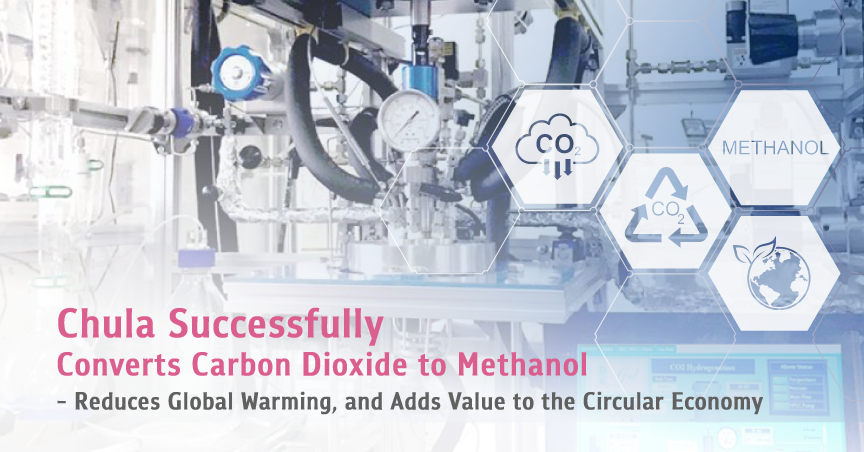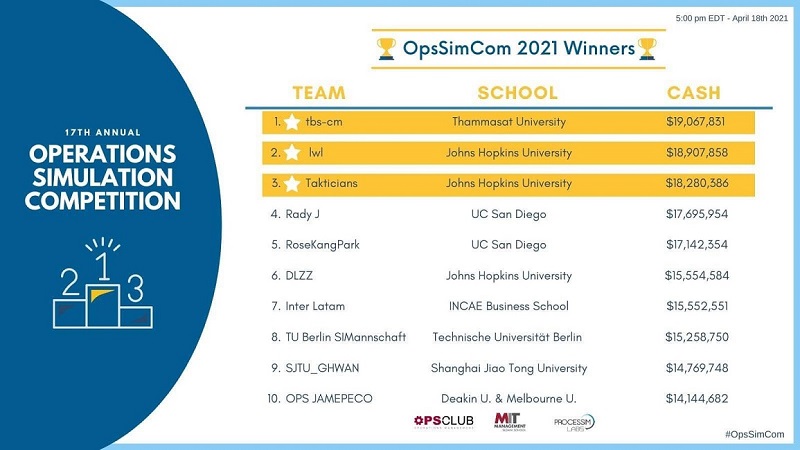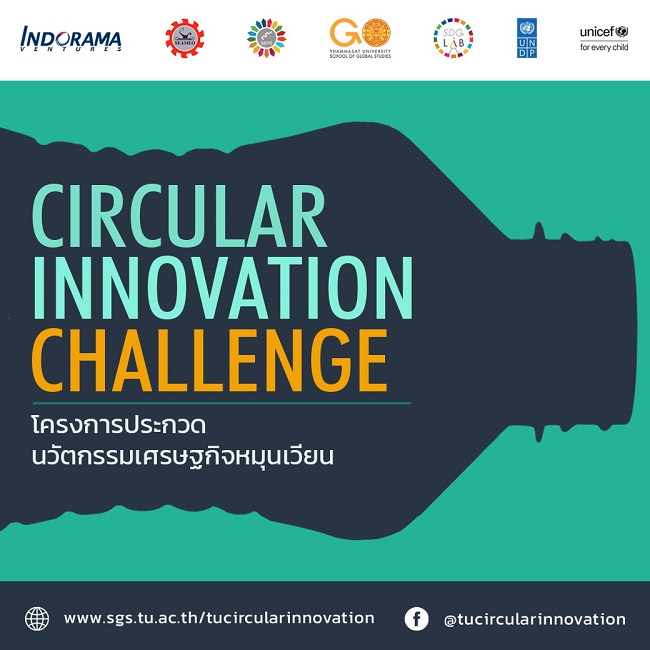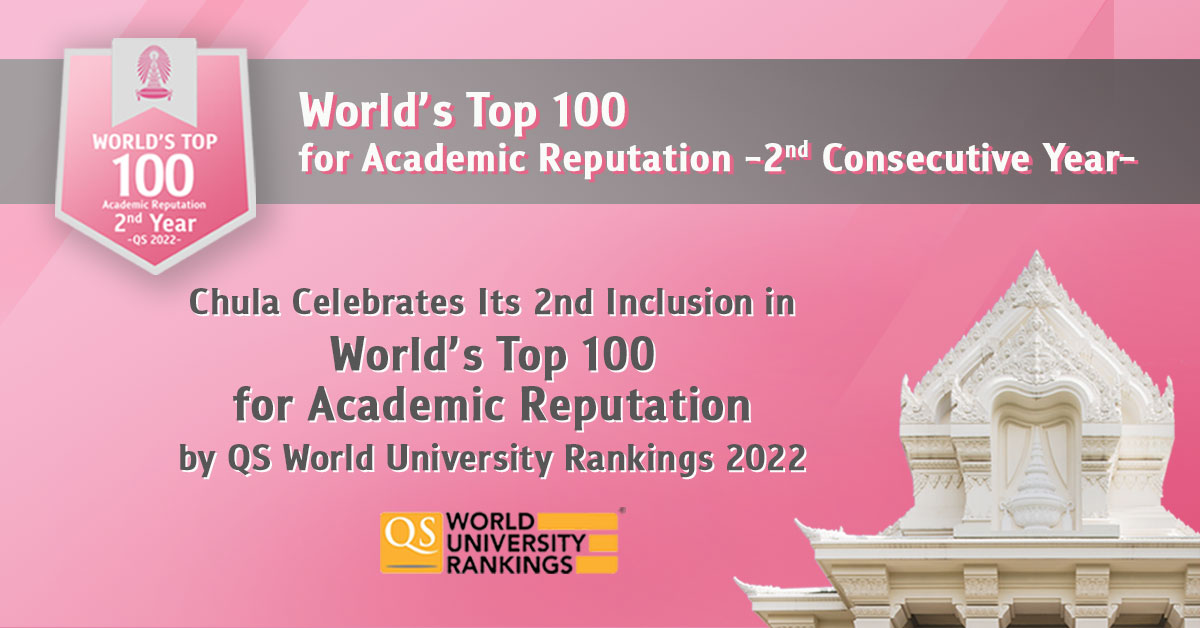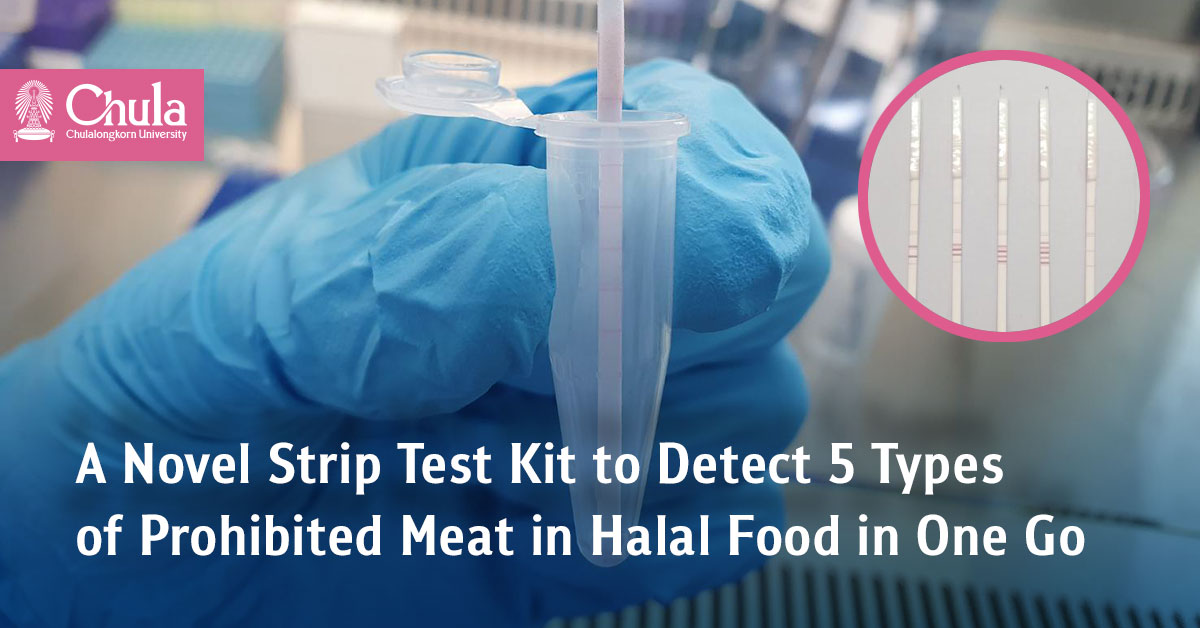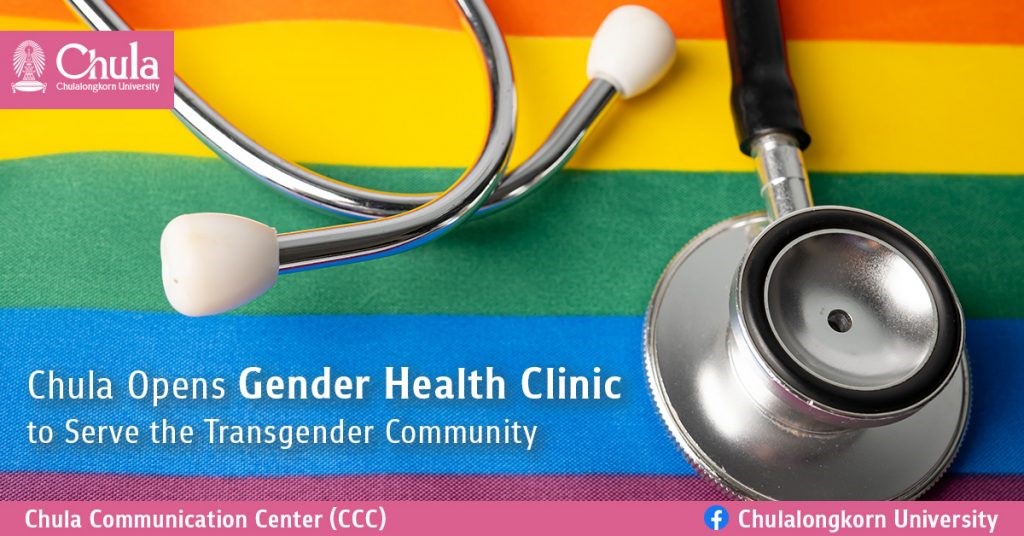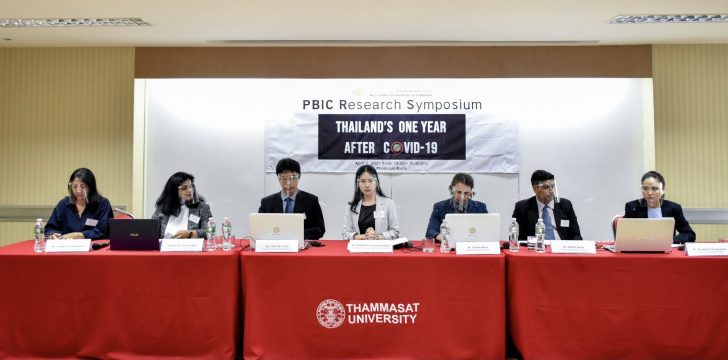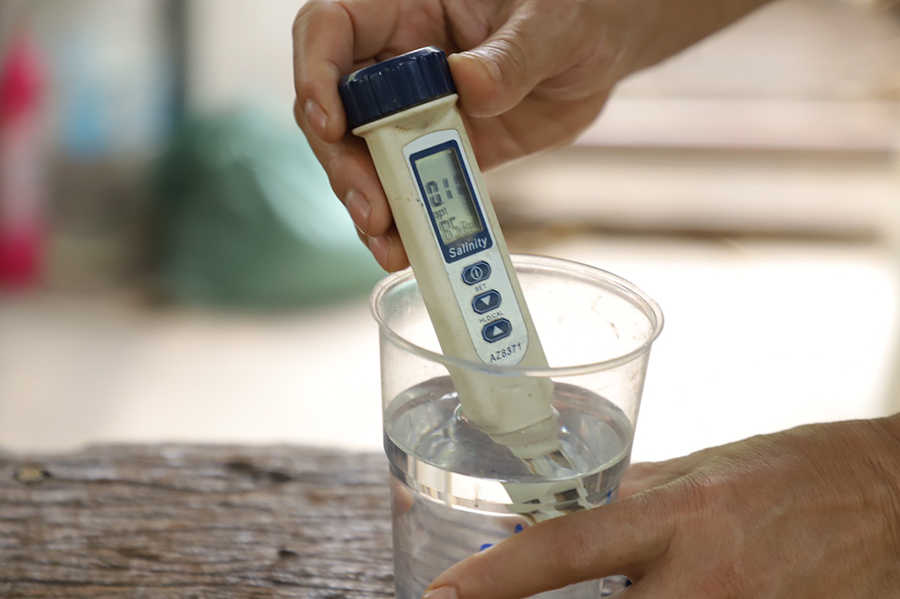The King Chulalongkorn Memorial Hospital of the Thai Red Cross Society has founded a “Gender Health Clinic” in collaboration with faculty members from the Gender Medicine and Menopause, Department of Obstetrics and Gynecology, Faculty of Medicine, Chulalongkorn University to provide a comprehensive health clinic to underline the importance of transgender in Thai society today.
In addition, this Gender Health Clinic is also a specialized learning center for doctors, medical students, and interested medical personnel. It is also an international research centre on transgender health in conjunction with the Center of Excellence in Transgender Health (CETH).
“The establishment of a Gender Health Clinic is meant to provide medical services specifically for transgender patients who previously could find no specialized clinics in this field. Patients use hormones, self-inject hormones, or take birth control pills haphazardly or wrongly do what their friends do. Some people go to underground clinics and are not treated by specialists which is even more dangerous,” Associate Professor Krasian Panyakhamlert, M.D., Head of Gender Medicine and Menopause, Department of Obstetrics and Gynecology, Faculty of Medicine, Chulalongkorn University and founder of Gender Health Clinic elaborated.
Dr. Thanapob Bampenkiatkul, MD. Special Lecturer in Gender Medicine and Menopause, Department of Obstetrics and Gynecology, Faculty of Medicine, and a specialist at the Gender Health Clinic explained,” Consultation depends on the way an individual patient wants to change his/her body to feel good. We provide information on the safest and most appropriate ways to become the person he/she wants to be.”
Regarding Hormone replacement therapy for a sex change, a popular method used by transgender people to transform their physique into their desired gender, Amarin Suwan, M.D., a lecturer of Gender Medicine and Menopause, Department of Obstetrics and Gynecology, Faculty of Medicine, and a specialist at the Gender Health Clinic, opined, “Every person’s body is different and requires different drugs/doses to suit the body. Some people are better suited for pills taken orally, while others are better with topical drugs, or they may get the same drug but at different dosages, which the doctor will recommend the best.”
Most importantly, hormone replacement therapy is not for everyone. People with breast cancer, myocardial infarction, coronary artery disease (CAD), coagulopathy, polycythemia vera, or patients with abnormal liver or lipid profiles, etc. are barred from hormone therapy.
Dr. Thanapob said, “Transgenders have diverse needs. For instance, most trans men want their ovaries and uterus gone because they don’t belong to their body, while some people don’t mind them as much. Some may want to get pregnant or have vaginal sex, so they don’t have a hysterectomy, while only 3-4 per cent of all-trans men worldwide undergo penile reconstruction surgery. So, to each his own.”
The Gender Health Clinic offers gender reassignment surgery services for both transgender men and women, by working with a transgender surgery clinic. The types of surgical procedures include breast reduction and breast enlargement, hysterectomy, removal of ovaries, and fallopian tubes, penile and vaginal reconstruction, as well as castration, and other surgeries including hips augmentation, Adam’s apple sharpening, jaw sharpening, face shape change.
Adolescents under 18 years of age are treated on a case-by-case basis. The clinic has specialized endocrinologists and child and adolescent psychiatrists from the Integrative Adolescent Health Clinic. All of this is for service recipients to have a better quality of life and mental health.
Among other services, the Gender Health Clinic also offers counselling services for gender-related health problems, such as menopause, vaginal dryness, endocrinological disorders related to sex hormones, and the consequential unsatisfying sex, such as lack of sex drive, pain from sexual intercourse, etc.



